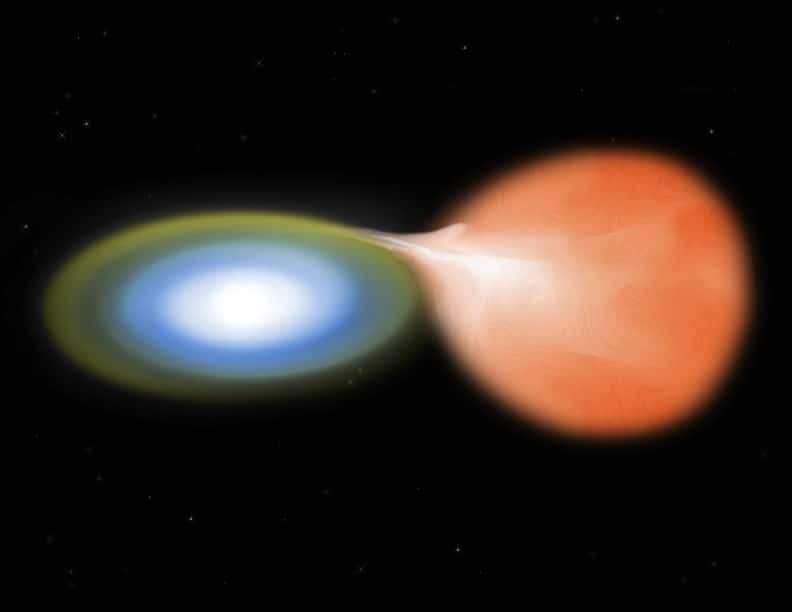 In this essay from her book Beyond the Solar System, Bertha Morris Parker discusses the astronomical event known as a nova (novae or novas in plural) and how they were discovered. I rewrote it in Centennial Gregg for the blog.
In this essay from her book Beyond the Solar System, Bertha Morris Parker discusses the astronomical event known as a nova (novae or novas in plural) and how they were discovered. I rewrote it in Centennial Gregg for the blog.
Attachment: novae.pdf
The Gregg Group was founded 22 May 2004, prompted by the lack of online shorthand resources. As the primary use for shorthand — business and legal recording — has waned in recent decades, we generally acclaim the skill as a hobby or personal tool. The purpose of the group is to promote the use of Gregg systems of shorthand by providing advice to beginners, support for students, and an association of users of this efficient, attractive, and enjoyable method of writing.
 In this essay from her book Beyond the Solar System, Bertha Morris Parker discusses the astronomical event known as a nova (novae or novas in plural) and how they were discovered. I rewrote it in Centennial Gregg for the blog.
In this essay from her book Beyond the Solar System, Bertha Morris Parker discusses the astronomical event known as a nova (novae or novas in plural) and how they were discovered. I rewrote it in Centennial Gregg for the blog.
Attachment: novae.pdf
You must be logged in to post a comment.
Oooh goody, space stuff! Was excited to see some number practice in this… I hardly ever use numbers, but was recently reviewing them. Thanks to that, I knew what the little line under the 2 meant! Thanks again for giving us great material!
Ooops, meant "under the 4" not 2.
You're welcome!
Miss Parker was indeed a prolific and quality writer. Her Golden Book Encyclopedia is still a classic. I have a set for my boys. My only complaint is that there's no entry for shorthand!
I read quite a few of Miss Parker's books when I was in grade school — they were well written and entertaining. Some of them are available online at openlibrary.org. A small section of this article needed to be updated, but for the most part, it is still very relevant.
I had Grolier's New Book of Knowledge Encyclopedia when I was growing up, and there was a shorthand entry, with samples of Pitman and Gregg.
I had an older set of the "Book of Knowledge" from the 50s growing up. Many useful hours spent as a kid perusing every volume.
I've just ordered three more of Miss Parker's books for the boys, with more added to the list. This blog has a way of costing me money! 🙂
Her bibliography is extensive, and came from her years of experience in teaching science at the lab schools of the University of Chicago. "The Basic Science Education Series" books (one of which is the one I used in this selection) is a collection of books originally written to be used in science classes in junior high schools in the 40s and 50s. Among her students were the children of university professors, including scientists like Compton, Fermi, Millikan, Michelson, and others who were at the time employed by the university.